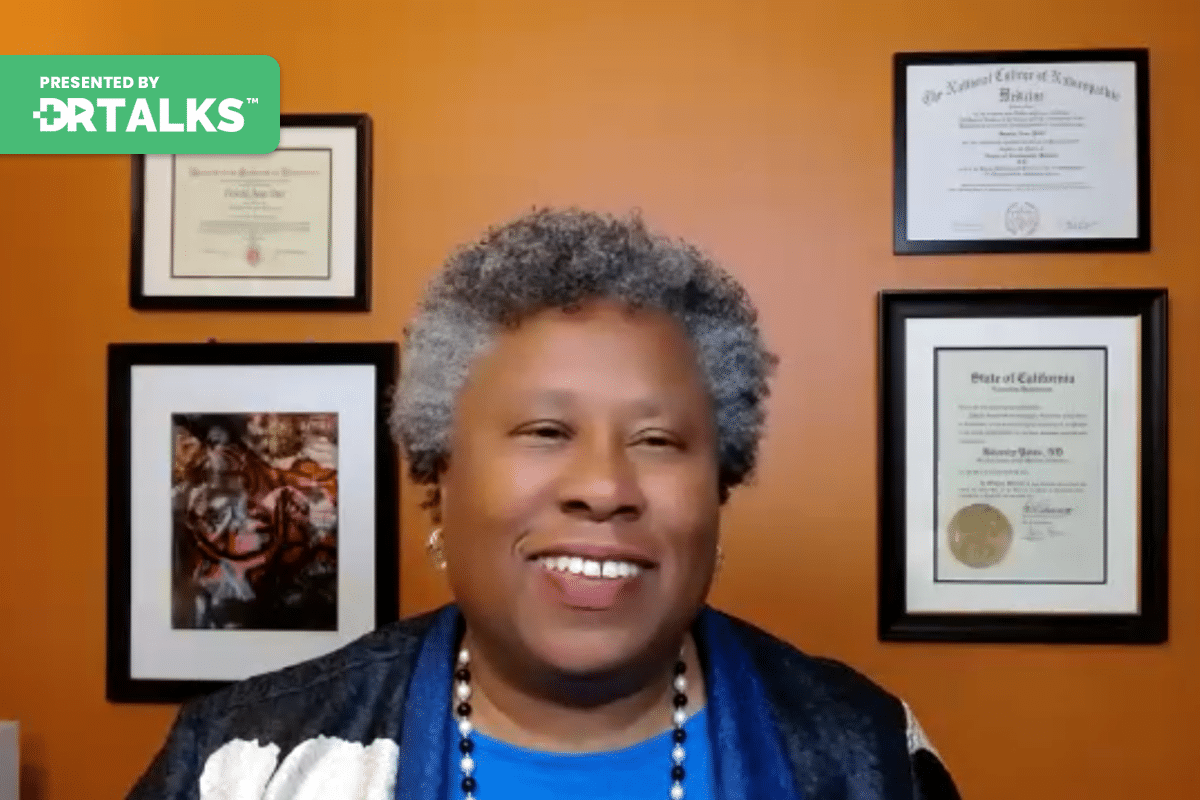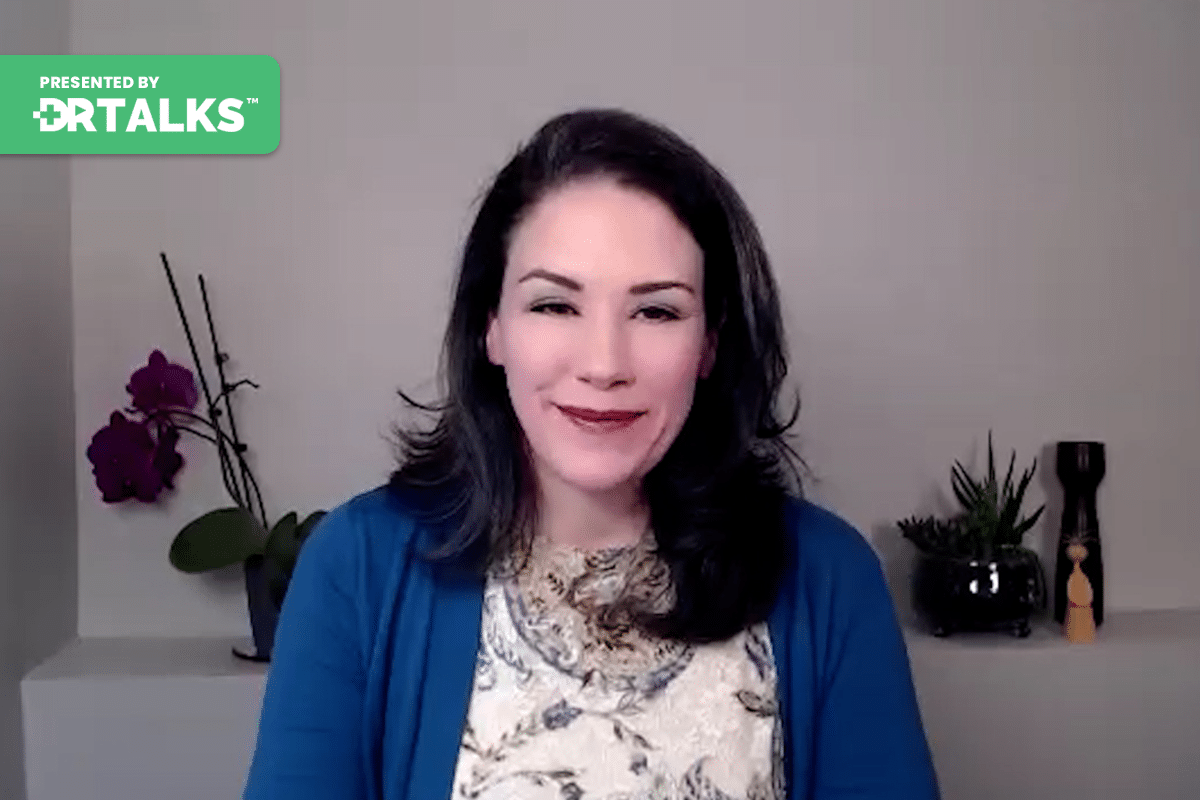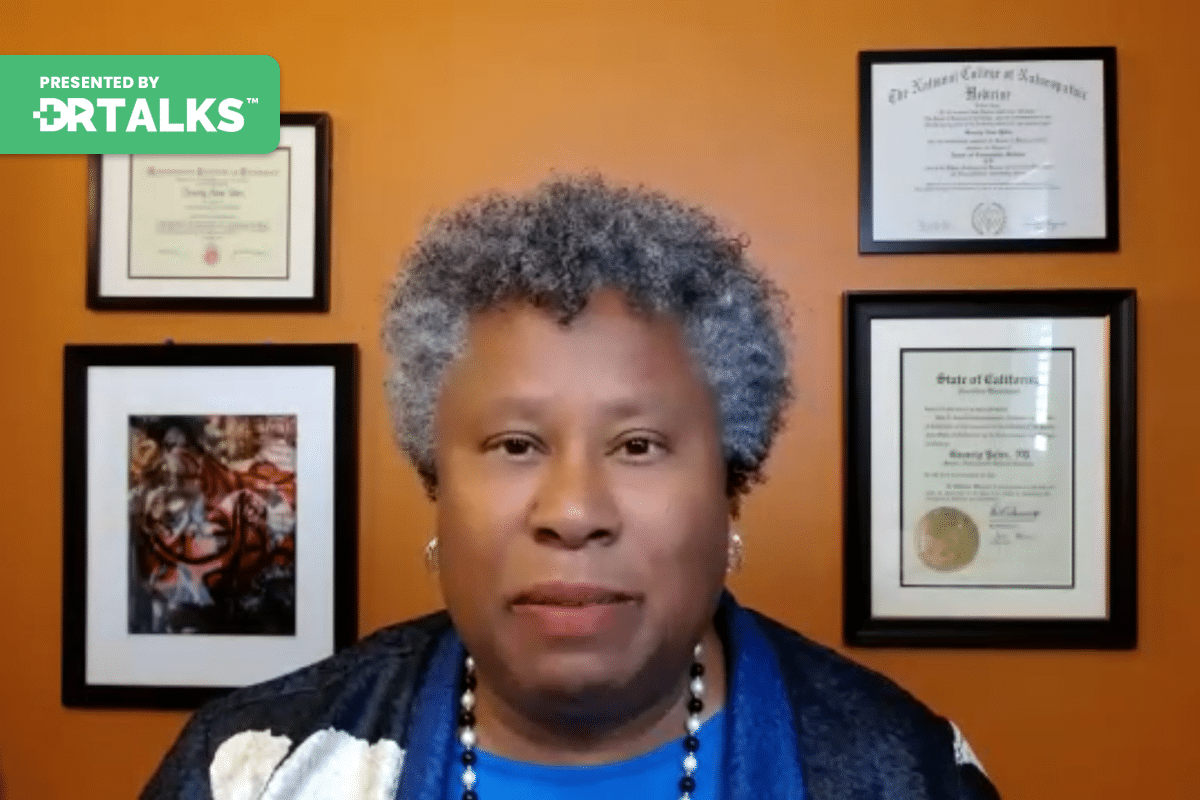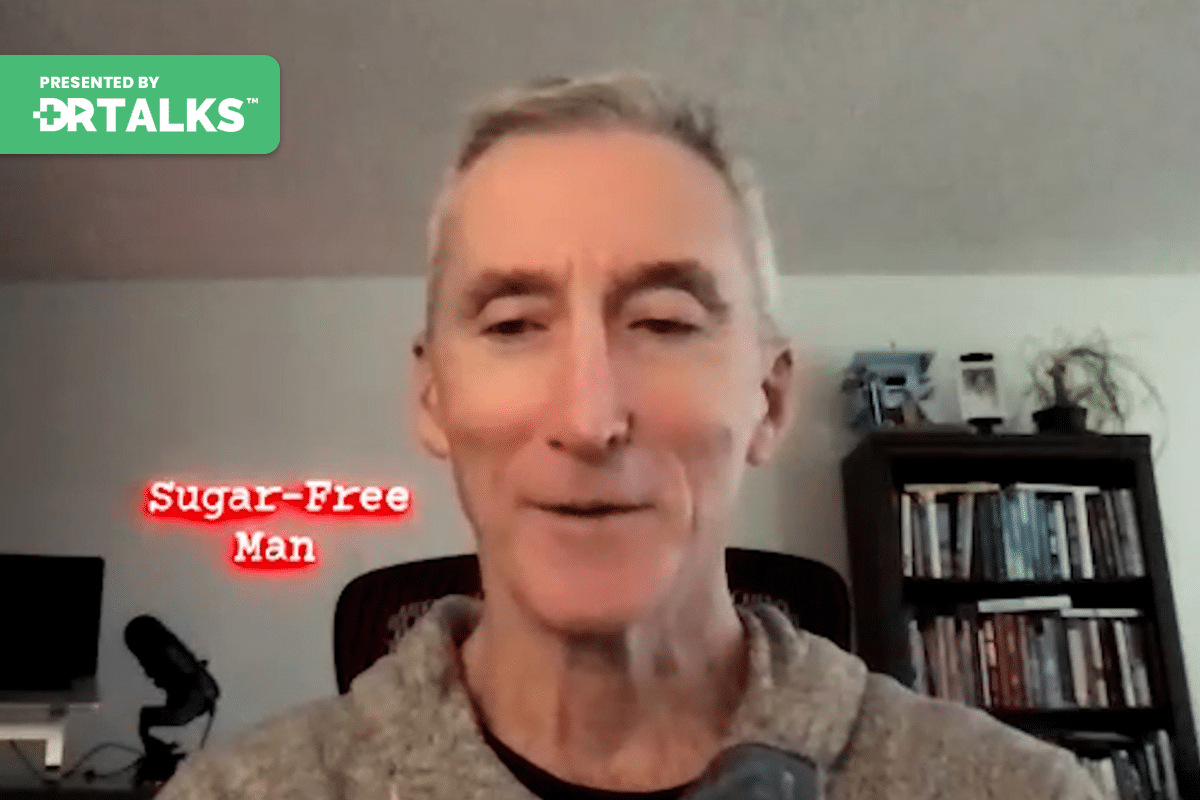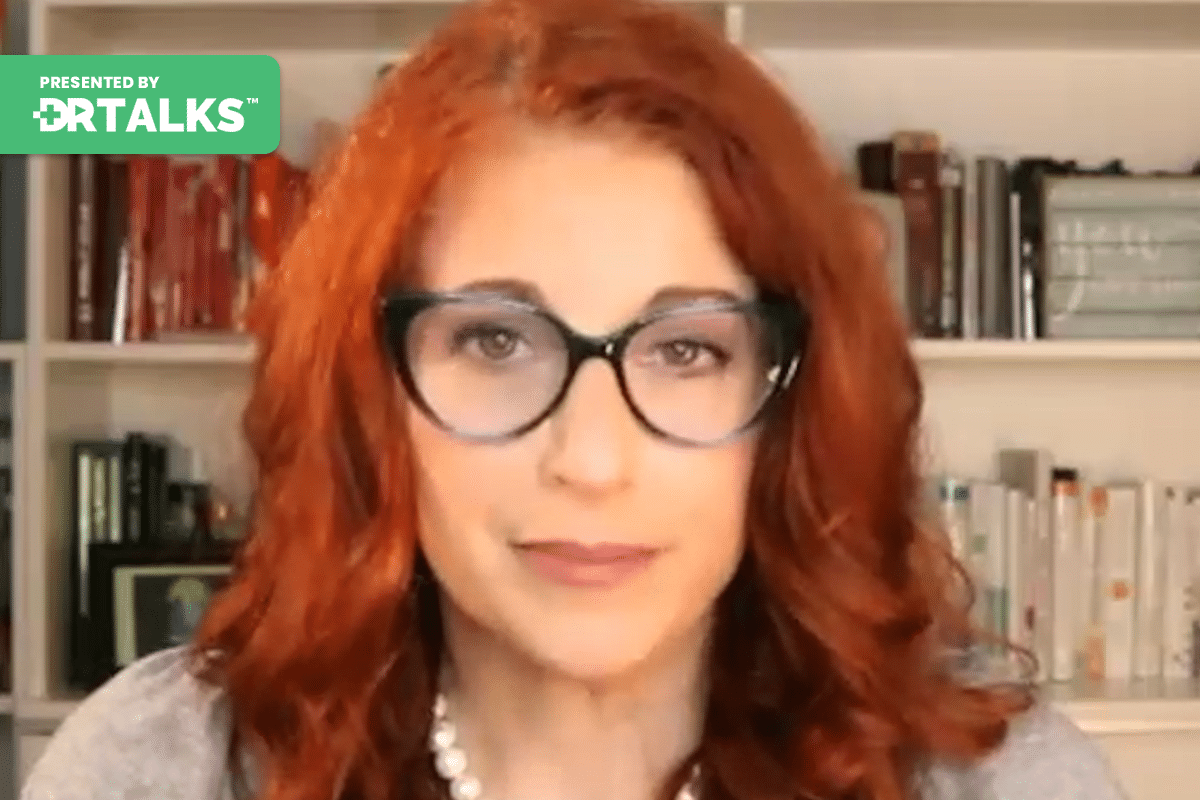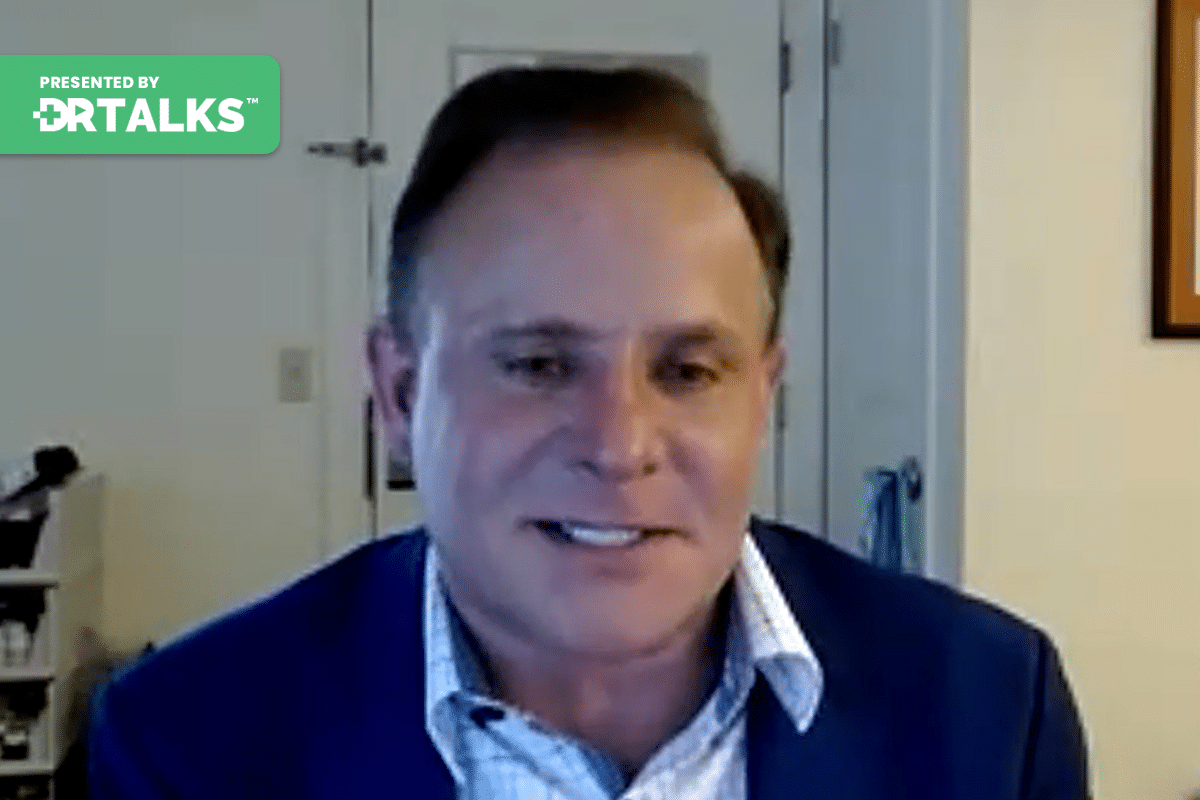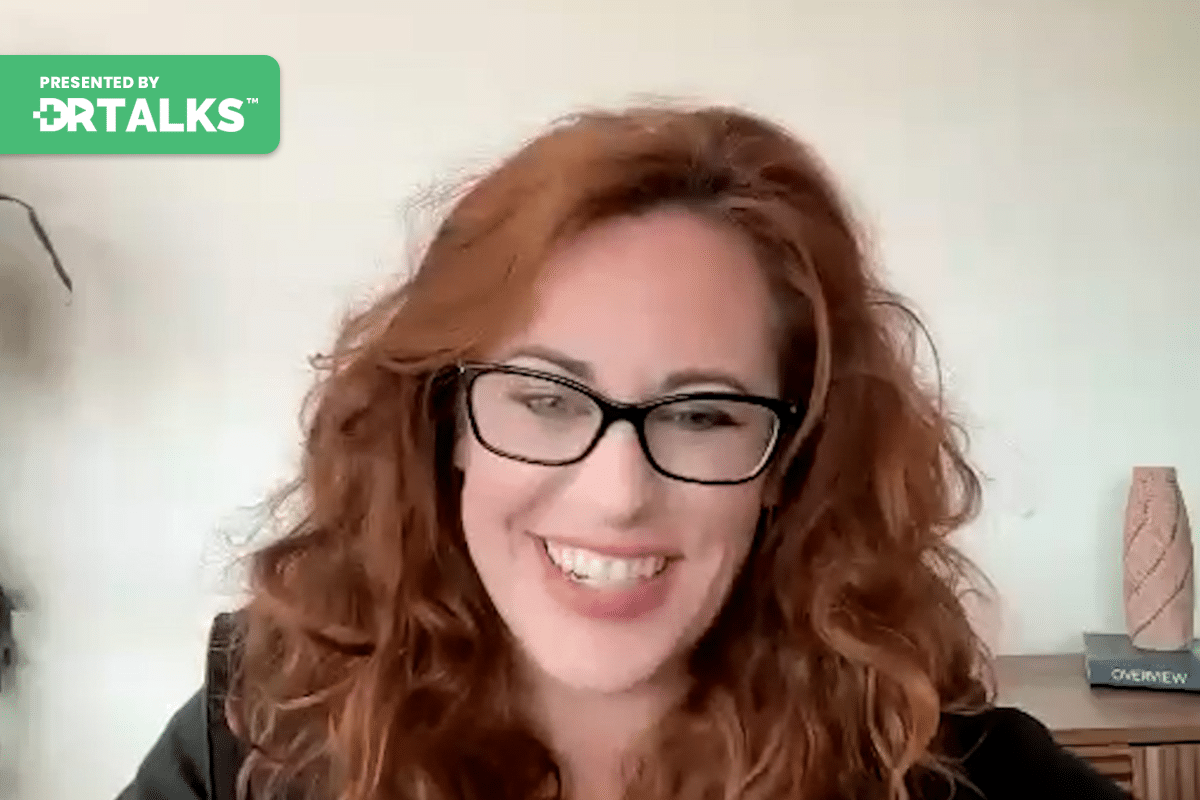Beverly Yates, ND
Hey, let me share with you a story today about Sandra Jay. Specifically, she’s a client that made some wonderful progress in taking charge of her type 2 diabetes and reversing it. She had a specific set of challenges too when she started on her health journey. Now, in her case, she’s worked hard throughout her entire life and is also the caregiver for an adult child who has a seizure disorder. And a seizure disorder keeps them both up at night sometimes. This means there can be unpredictable and frequent disruptions to Sandra’s sleep, very much a recipe for problems with blood sugar. That’s one way for type 2 diabetes, often to become much worse over time. You know, these things are a wild card when they happen, when we’re caring for our loved ones and they have a problem that affects us and therefore it’s like we have a problem. If you want to think about it like that.
So she began her health journey with the online 21-day Blood Sugar Challenge program, where her A1c when she started was at 9.0. So each day of the challenge, she learned something specific that was new to her about what was impacting her blood sugar and her peace of mind. Now all of these lessons were helpful, including the importance of staying hydrated and drinking water every day for better blood sugar control. She had been at that time drinking things like diet soda, and other things that have added sugars or artificial sugars, all of which are a problem and simply don’t help with blood sugar regulation. There’s all kinds of research now that shows empirically and with scientific rigor that artificial sweeteners, fake sugars, and things like that are just not a good idea at all for blood sugar control. They’re a real problem. They also interfere with metabolism and weight. So in Sandra’s case, despite repeated requests over time and with her being a long-term type 2 diabetic, her doctor for years, this person spent years not cooperating with her desire, her request to write the needed prescription, at least here in the U.S., to get access to a continuous glucose monitor, CGM. She wanted to see that precious health data to find out what it might offer her for insights so that she could take charge of what was going on. She wanted to discover what her blood sugar levels were and how her blood sugar was responding to her lifestyle. A completely reasonable thing to want to do. And in this case, the healthcare provider was not willing to cooperate.
So recently she was so excited to finally receive her CGM. Her doctor was at long last on board and willing to prescribe this biosensor device. With that CGM data, she now has a tangible way to understand in real-time how her blood sugar is responding to what she’s eating, drinking, her meal timing, her sleep, her stress levels, and her exercise. Like I always say, test don’t guess. Know what your blood sugar is doing specifically based on how you live? The mysteries about her blood sugar now, we’re resolving and she tied the CGM data to her lifestyle, including the disruptions to her sleep caused by caring for her adult child who has a seizure disorder.
She continues to be excited by the progress that she’s making. Her sleep is doing better, too, and she’s encouraged to work through any remaining obstacles. Her A1c was 6.5 several months ago and she continues to work towards an A1c of 5.6 or lower. Her fasting morning blood sugars now recently, though, are consistently in the healthy range throughout the day. This is such good news and we’ll completely support her in leaving an A1c of 6.5 and heading towards a 5 point something for an A1c. I’m so excited for her. Congratulations. That’s great. So she’s now on track for a healthy, active, energetic life and freedom from the long-term complications and consequences of type 2 diabetes and pre-diabetes. I am so glad that you’ve taken the time out and you’re here at the summit. I hope you’re finding encouragement, inspiration, and insights that help you on your health journey. Please be good to yourself. Take care.

